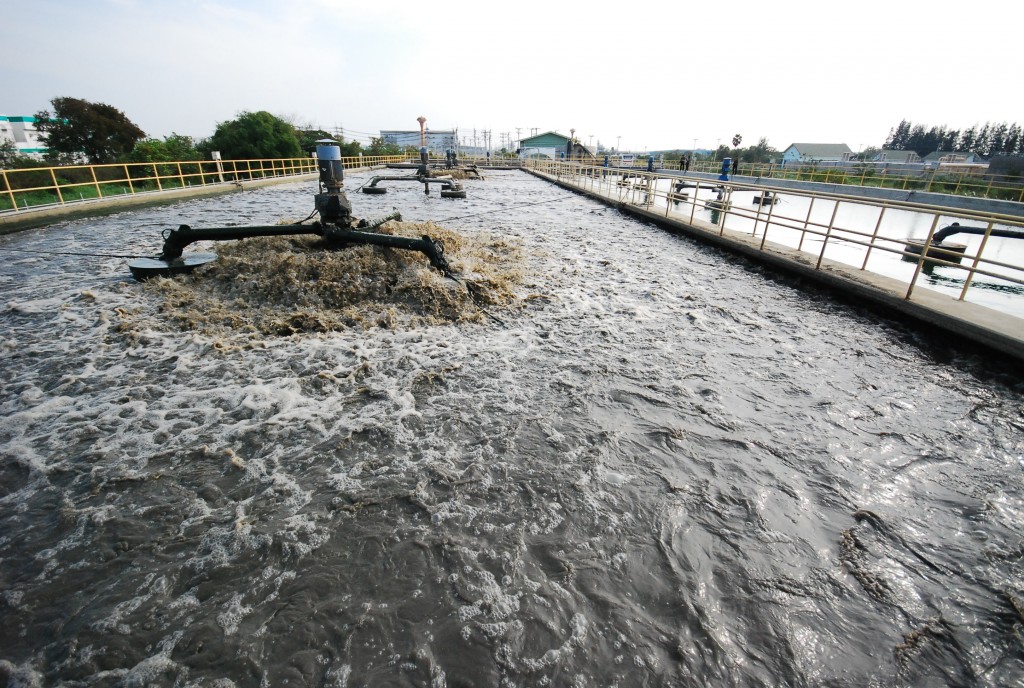Wastewater doesn’t come across our minds all that often, but when it does, we’re usually left with a lot of questions about what it really is and why we need to treat it.
Wastewater is essentially used water that contains waste such as food residue, oil, urine, human waste, and chemicals. Across residential, commercial, and industrial applications, wastewater must be treated before it is sent back to nature. But why do we need to treat wastewater? And what would happen if we don’t?
Why do we need to treat wastewater?
As mentioned above, wastewater contains all sorts of organic and potentially hazardous material. If used water is returned to the environment without treatment, it can cause tremendous amounts of pollution and eventually come back to our water supply.
In the process of wastewater treatment, advanced wastewater treatment systems or plants convert used water to effluent, which can either be returned to nature’s water cycle or reused with minimal impacts on the environment. Mother Nature can handle a certain level of pollution and waste, but with so many people on the Earth producing wastewater, she will become quickly overrun by pollution if wastewater treatment didn’t exist.
What are the benefits of treating wastewater?
Aside from preserving the environment, wastewater treatment provides the following benefits:
- Human health. Water is the most important substance of all. Thanks to wastewater treatment, we can enjoy clean water for drinking, bathing, washing, and other everyday activities.
- Wildlife. Animals also need clean water in order to survive. Fisheries, in particular, can thrive because raw wastewater doesn’t get into their system.
- Recreation. Water can also serve recreational purposes, such as swimming, boating, fishing, and playing in water parks.
- Sanitation. Because wastewater is treated before it is released back into the environment, bodies of freshwater will remain relatively clean for humans to enjoy.
What are the effects of wastewater contaminants?

Pollutants are abundant in wastewater, and if they are not removed or treated, they can cause serious harm to humans, animals, and the environment. Here are some of the common pollutants in wastewater and what would happen if they end up in the water supply:
- Bacteria, viruses, and other pathogens. These can cause serious harm to both humans and animals if left to thrive in the water. Without water treatment, there would be limited sources of clean water for drinking, bathing, washing, and cooking, among other necessary tasks. Moreover, it would leave people who can’t afford processed water at risk of waterborne illnesses, which is already happening in many impoverished areas.
- Hygiene products and medicine. Ingredients in hygiene, beauty products, and medicine can cause harm to the environment if they go back into the water supply. Even if it says non-toxic or organic on the packaging, it doesn’t guarantee it will have zero effects on wildlife and nature.
- Chemicals and metals. These substances can be toxic to aquatic wildlife and can lead to a decline in their population.
- Organic matter. Rotting organic matter competes with aquatic life for oxygen, which makes it harder for fishes and other aquatic life to survive
Wastewater treatment is a crucial part of the water cycle that often gets overlooked by most people. But now that you know what wastewater is and why it should be treated, you’d be able to understand why preserving water and using less harsh chemicals and products are important.







